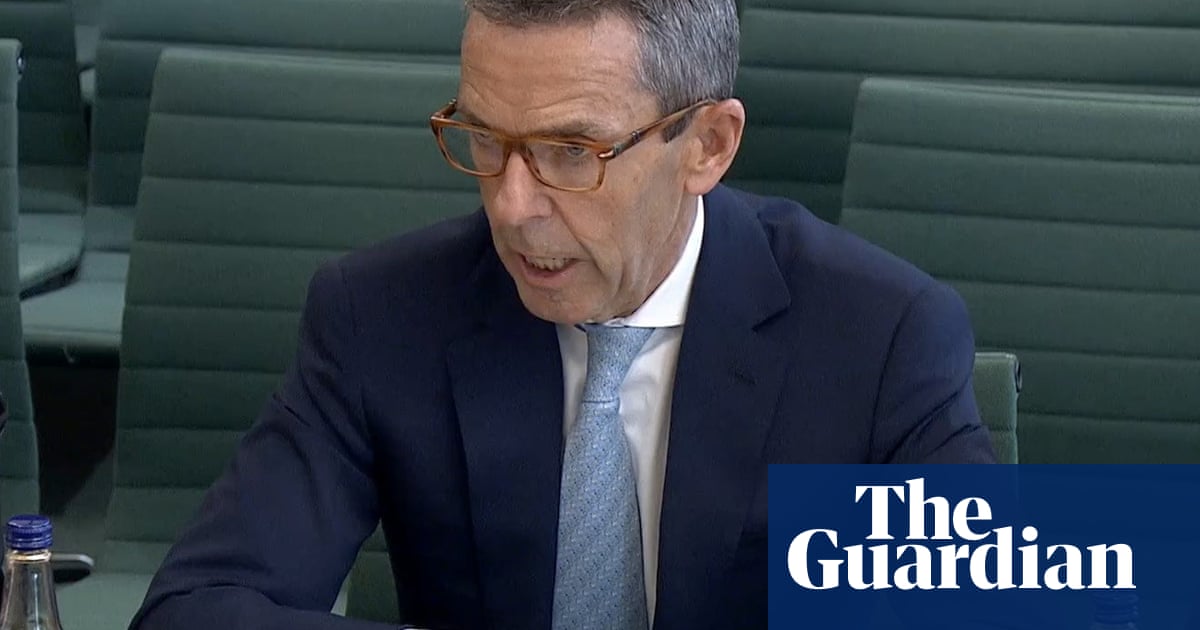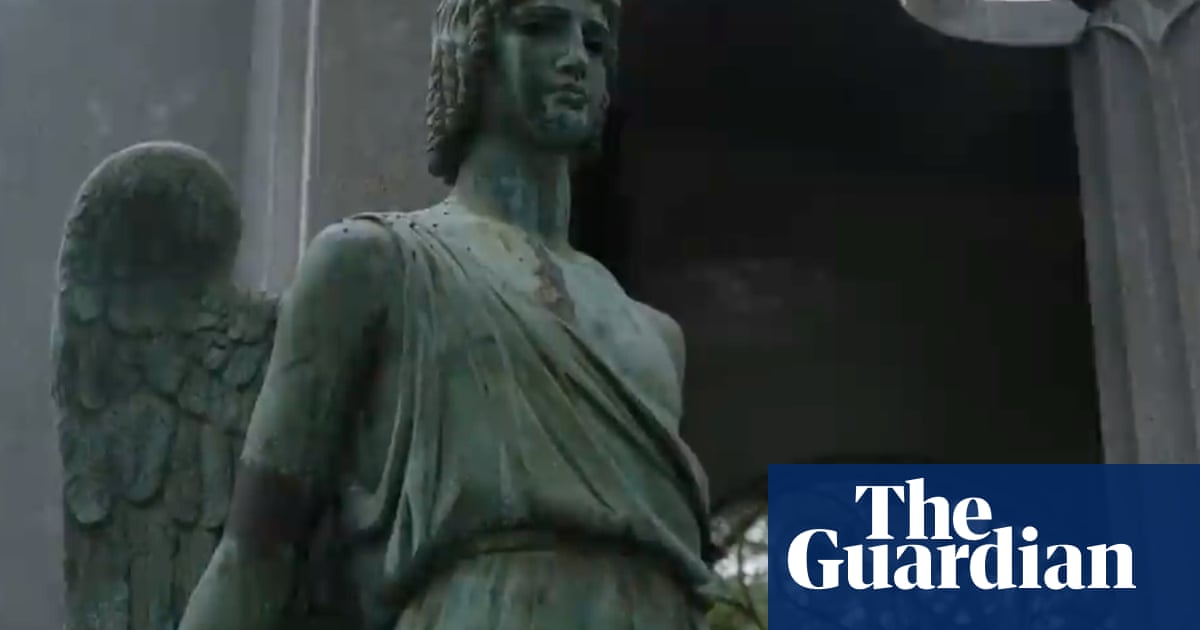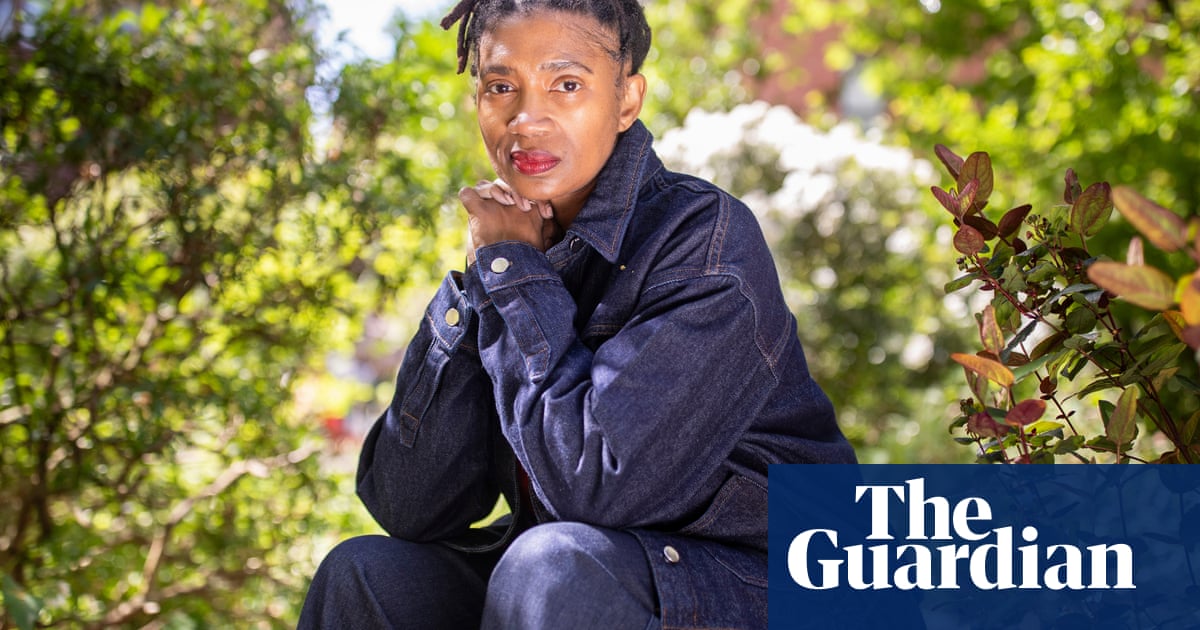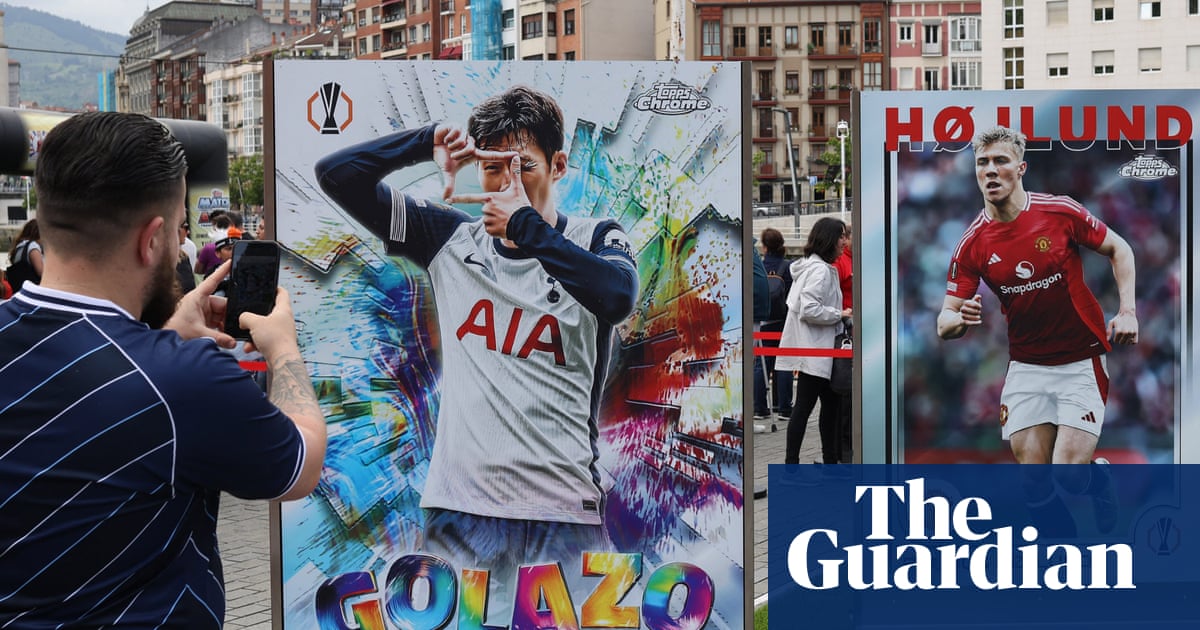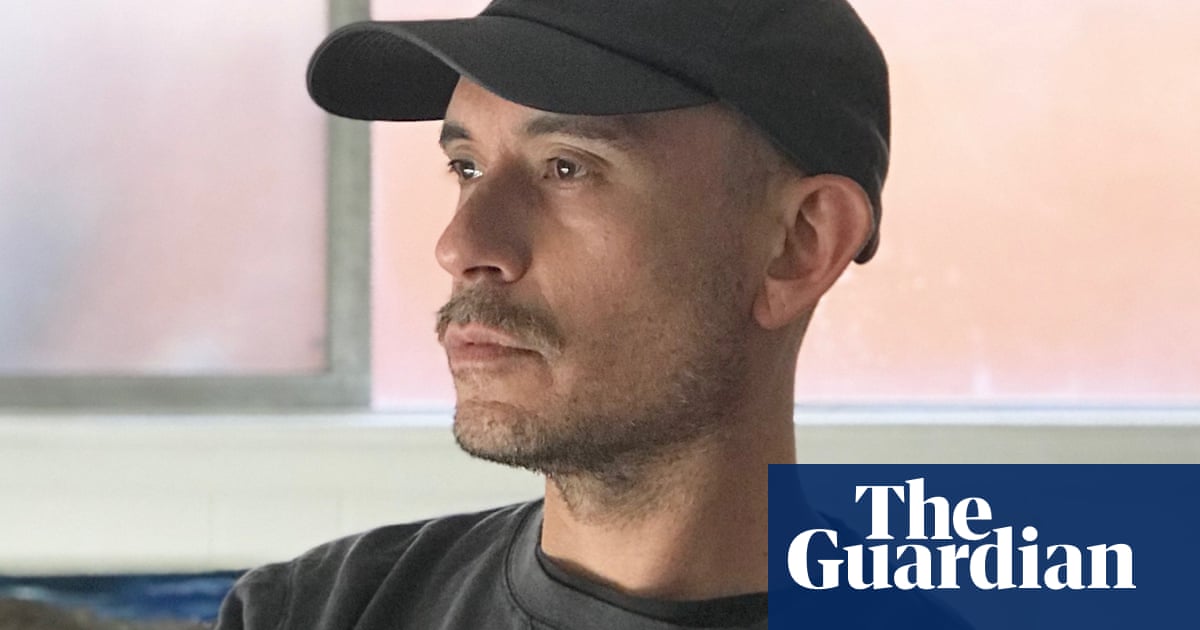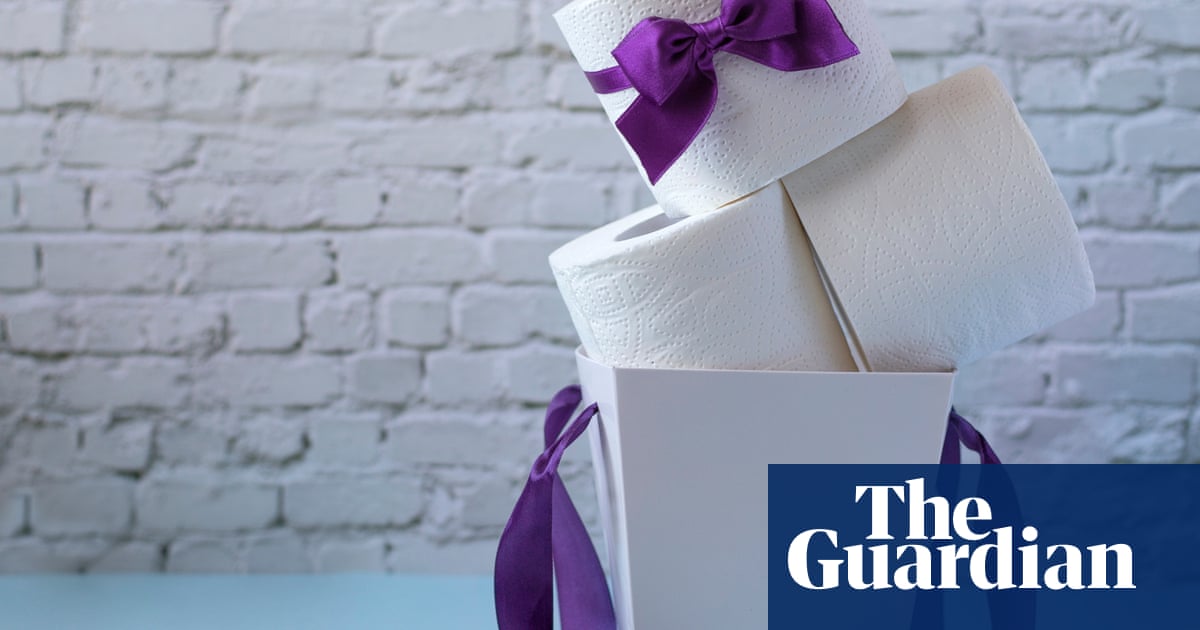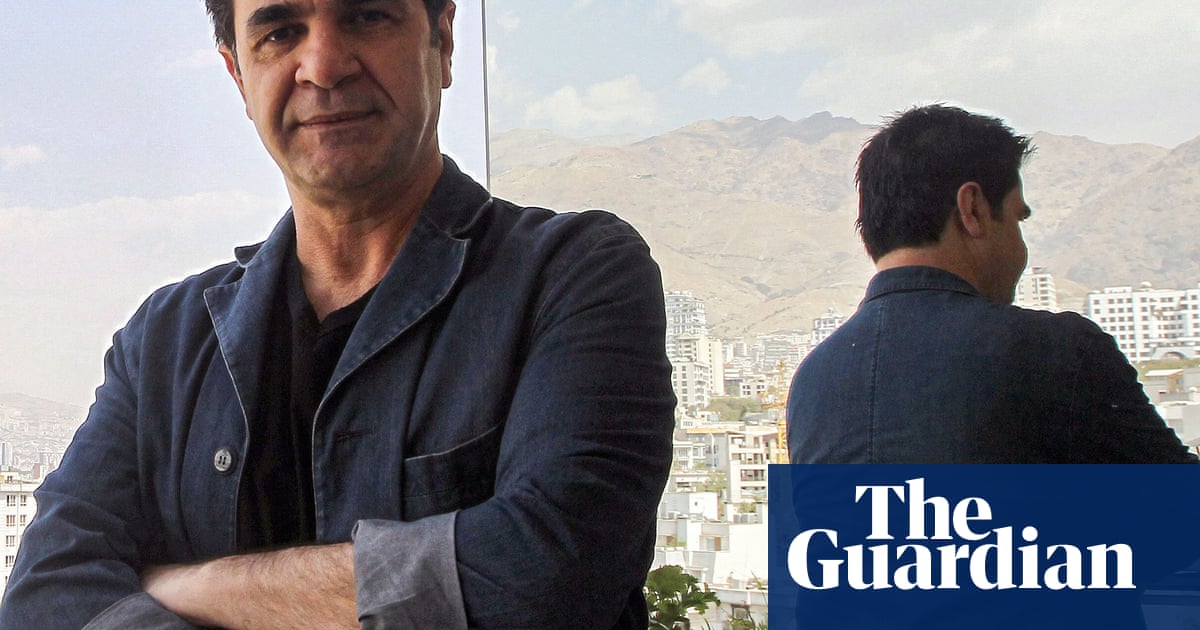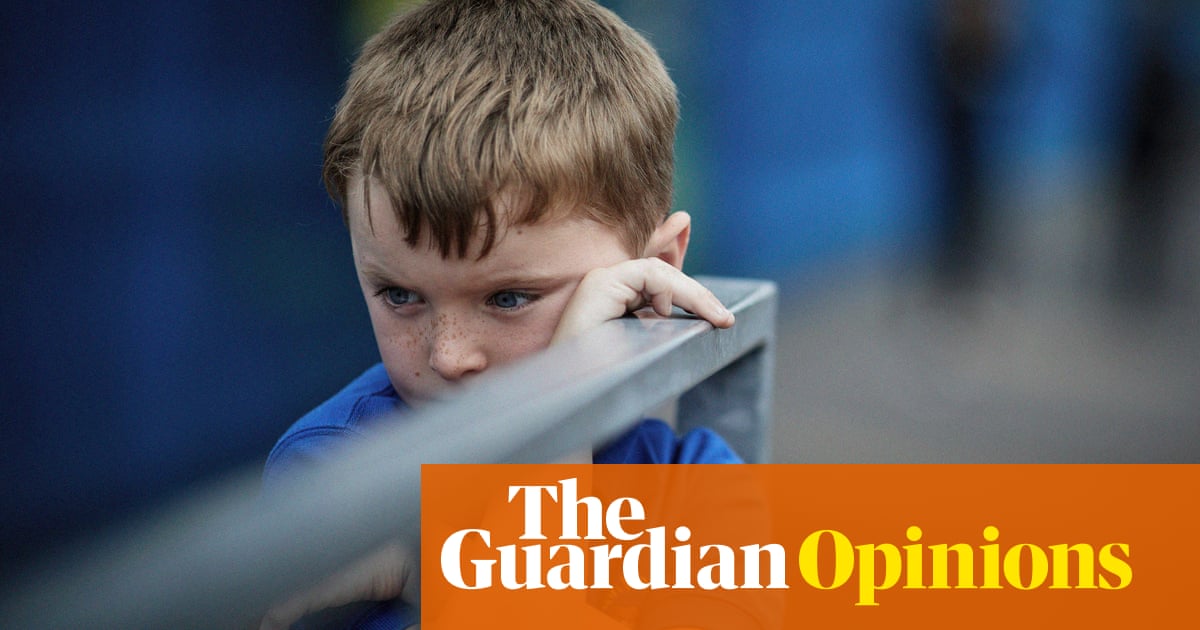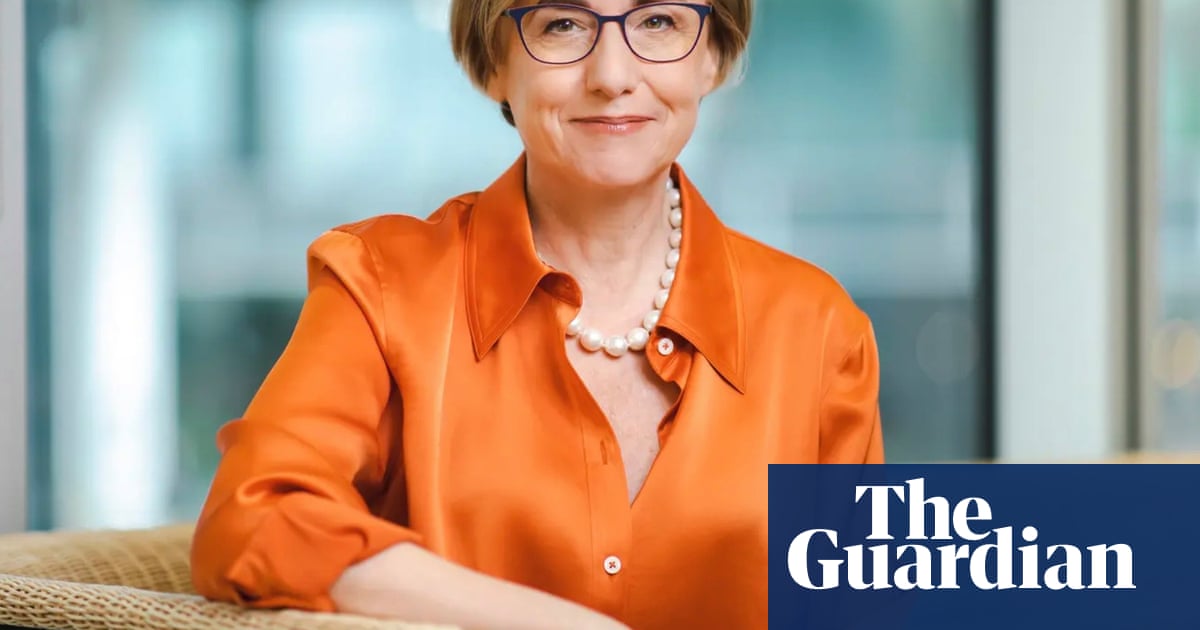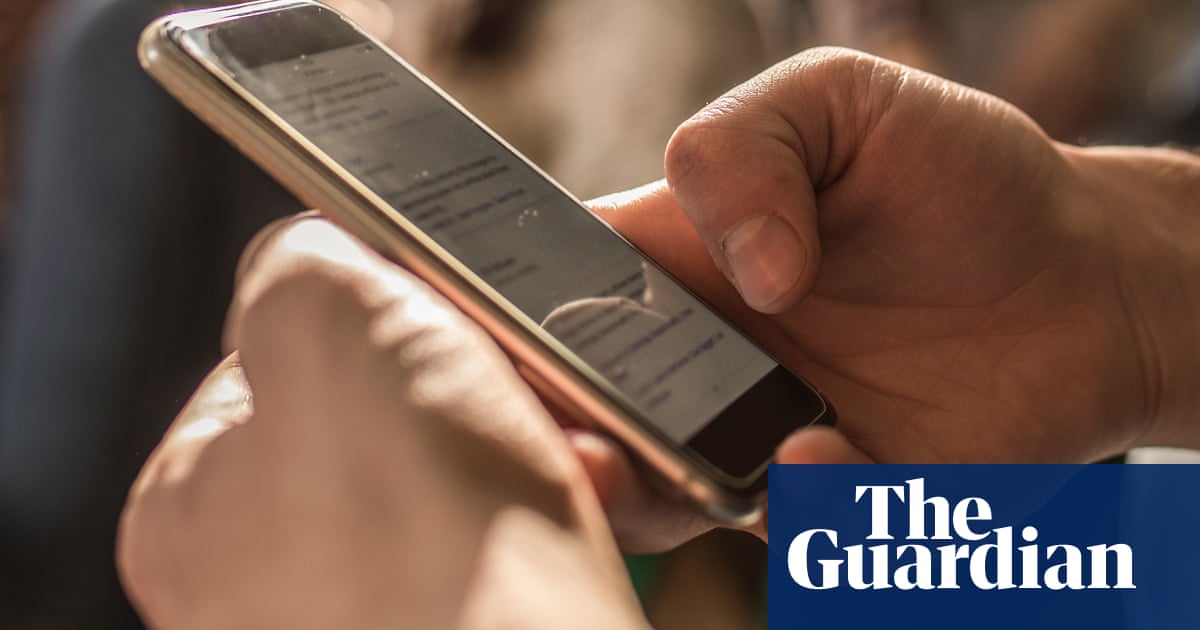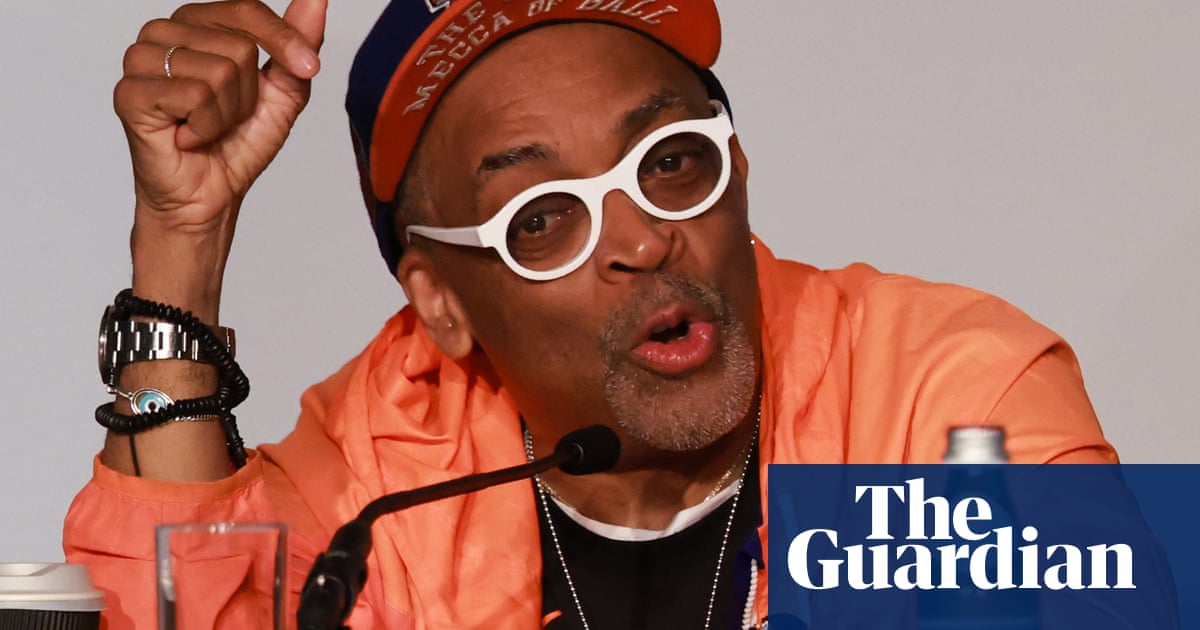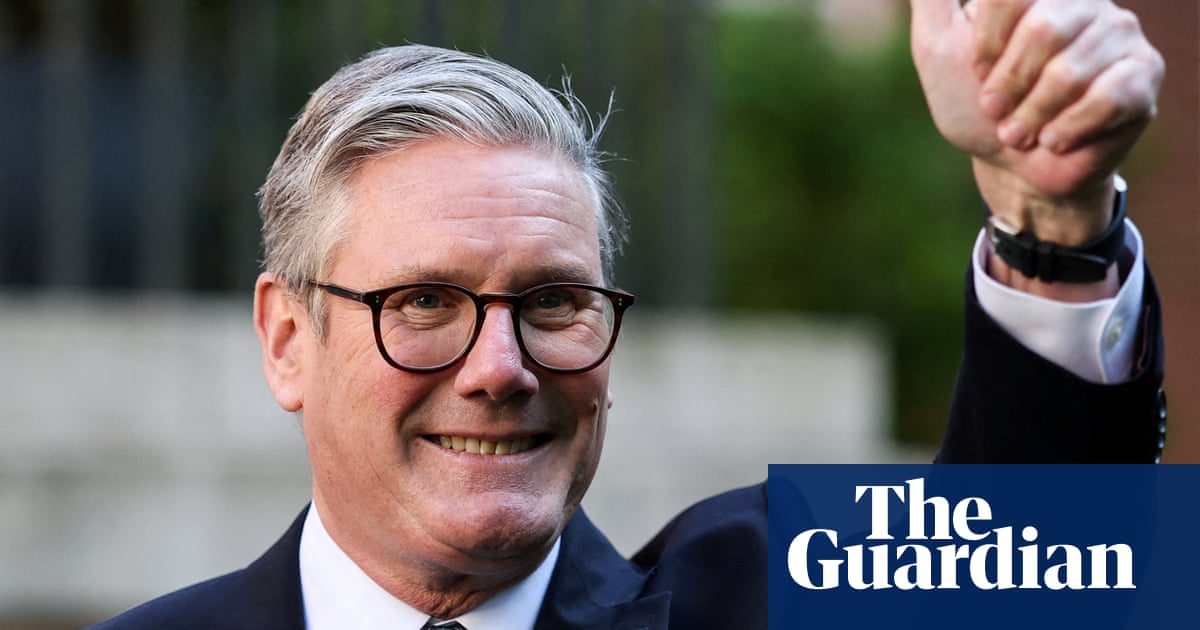It’s slightly unusual to hear Henry Patten – along with Harri Heliövaara, reigning men’s doubles champion at Wimbledon and the Australian Open – call tennis a “fun hobby”. But then you spend time in his company and realise he is slightly unusual.
Patten, 29, was not supposed to be a professional, never mind a grand slam winner. Though he played county level as a child, he enjoyed various sports as a teenager before a tennis scholarship to Culford School in Suffolk – “I don’t know how we weasled that!” – inspired him to attend college in North Carolina, where he read economics.
“We’d have two hours’ training in the afternoon, a foreign concept to me,” he says. “That was where I learned how to be a professional without really understanding what was happening, because I was having a good time.”
Patten, a late developer missed at every level, evidences a flawed system. Though he acknowledges that “It’s pretty tough to see a hundred 12-year-olds and say which’ll be a champion”, even when he excelled in the US, no one paid attention: “I came home and the first professional event, someone from the LTA came up and said ‘Who are you?’ I didn’t know how to take that.”
So he agreed to join Ernst & Young as a technology risk consultant, but was saved by the pandemic, doing well enough in bubble events for family to insist he pursued tennis seriously: “Thank goodness they talked me around otherwise I wouldn’t be sitting here. A friend works at EY and he’s absolutely miserable, whereas any time I’m upset or struggling, I can play tennis. It completely engrosses you and takes your mind off whatever else is going on.”
Patten’s calm sense of perspective is striking, but a debut grand slam final is of a palpably different order – especially for an unseeded, unknown Brit in SW19. “The first time we played Wimbledon I was trying to act like I wasn’t nervous at all, and we lost very quickly, so now I let the nerves be there,” he says. “But this time I couldn’t stop smiling, it’s the coolest thing ever. Walking down the corridor, past the trophies and underneath the Kipling quote, it feels like the absolute pinnacle of anything.”
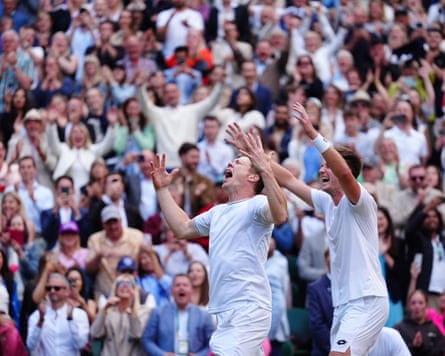
Emerging to a crowd, though, is different – “You want that moment to last forever, don’t really want to start playing tennis” – and as the contest intensified into an unfathomable epic, the atmosphere became equally feverish. “The whole way we were clinging on desperately,” Patten tells me, “so I didn’t feel much pressure until the last point, and Harri hit a great first serve – I didn’t even touch the ball.”
After which, mayhem. “What was amazing was I had everyone in my box,” Patten says, “and they all had the same face on that I had on … the craziest, best feeling ever, a home crowd going completely ballistic, everyone’s just absolutely nuts. To create those emotions in people, it’s an absolute honour.”
In Melbourne, five months later, it was Patten tasked with settling another classic: “I felt a lot more pressure thinking blindly ‘Serve it out, just it serve out.’ I went completely blank so Harri came and said ‘Your serve is great, serve here; I’m going to go here,’ which usually the server would dictate. I served an ace and said, ‘OK, now tell me how to serve on this one.”
after newsletter promotion
Before teaming up with Finland’s Heliövaara, Patten partnered fellow Briton Julian Cash, eventually realising that he had to be ruthless to progress: “One of those difficult conversations you just have to have, and we had it. What’s unusual is we’re still friends and we’ve got seven Brits in the doubles top 50, which is unbelievable – it’s a golden age.”
Doubles, though, suffers from a chronic lack of funding, coverage and care, despite proof – exemplified by Patten’s experiences – that people love it. “It’s a team sport, so you’ve got different tactics,” he explains when asked to pitch it. “You see a lot more variation in the shots – singles is mainly baseline rallies, but doubles has net-play with quick hands, it’s absolute carnage.
“Singles, you have a pretty strong idea of who’s going to win, whereas doubles, everything’s out of the window … I know friends of years who split up and hate each other. Fundamentally, you’re dealing with extremely, extremely competitive 30-year-old men who travel the world together – it’s a recipe for disaster!”
Patten also has a vision for change, citing padel as an example. “There’s always a good energy. Most sports, the spectacle is great but it’s really about being with friends and having a nice time, so you could turn doubles into something different, with music and free crowd movement. Doubles has a great chance of becoming this unique, fun event … if the authorities let it.”

 5 hours ago
5
5 hours ago
5
